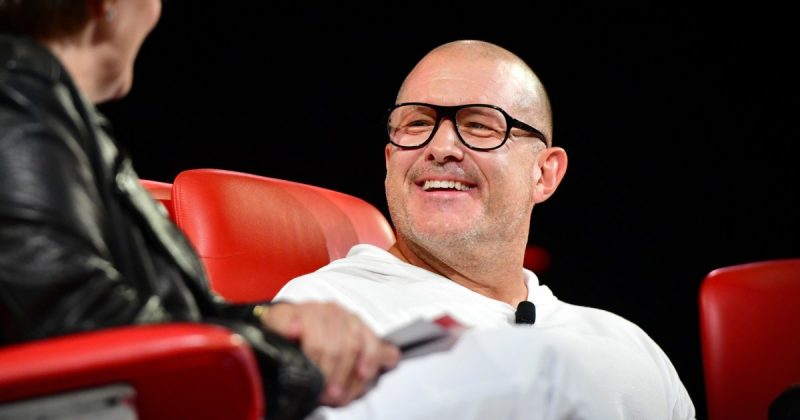
In a stunning move that sent shockwaves through the tech world, OpenAI announced the acquisition of Jony Ive’s AI devices startup, io, for a staggering $6.4 billion. This all-equity deal, which includes OpenAI’s existing stake in io, marks the company’s largest acquisition to date and signifies a major step in its ambitious expansion into the hardware market.
The acquisition isn’t just about the technology; it’s about the talent. Jony Ive, the legendary designer behind Apple’s most iconic products, will take on deep creative and design responsibilities across both OpenAI and io. This collaboration promises a significant boost to OpenAI’s product design capabilities, potentially leading to more user-friendly and aesthetically pleasing AI-powered devices.
Interestingly, while io will merge with OpenAI, Ive’s design firm, LoveFrom, will remain independent. This arrangement suggests a strategic partnership, leveraging Ive’s expertise while maintaining the distinct identity of his creative collective. The io team, comprised of Apple alumni including Scott Cannon, Tang Tan, and Evans Hankey, will join OpenAI’s San Francisco teams, working closely with research, engineering, and product development.
This acquisition follows OpenAI’s recent purchase of Windsurf, an AI-assisted coding tool, for $3 billion, and its earlier acquisition of Rockset, an analytics database company. These moves clearly demonstrate OpenAI’s aggressive strategy to consolidate its position in the rapidly evolving generative AI landscape, where competition from giants like Google, Anthropic, and xAI is fierce.
Ive’s departure from Apple in 2019 to establish LoveFrom was a significant event in itself. LoveFrom quickly gained high-profile clients, reportedly earning up to $200 million annually from projects with companies like Christie’s, Airbnb, and Ferrari. This acquisition now marks a return to a larger tech stage, but this time, firmly entrenched in the burgeoning world of artificial intelligence.
The combination of OpenAI’s cutting-edge AI technology and Ive’s design prowess is a potentially game-changing combination. This acquisition could redefine the user experience of AI-powered devices, pushing the boundaries of what’s possible in terms of both functionality and aesthetics. The coming years will be crucial in seeing how this partnership unfolds and shapes the future of AI hardware.
Beyond the io acquisition, OpenAI has been actively expanding its hardware ambitions. Late last year, the company hired the former head of Meta’s Orion augmented reality glasses initiative to lead its robotics and consumer hardware efforts. OpenAI also invested in Physical Intelligence, a robot startup focused on bringing general-purpose AI into the physical world. These moves, coupled with the acquisition of io, firmly establish OpenAI’s commitment to becoming a major player in the hardware space, not just software.










